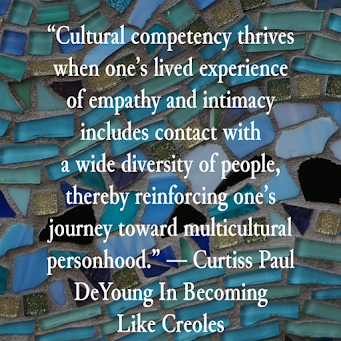There's always a reason...

"Jesus' message about the kingdom of God lived out in this life has powerful implications for how we prioritize, peace, reconciliation, and enemy love in relationship with God and with others. Ignore this aspect of gospel, and we are left with a religion that proclaims love and forgiveness while it advances through violent attitudes and actions." -- Bruxy Cavey in Reunion The book of Ruth begins with this innocent phrase "During the days when the judges ruled". While it gives us chronological context (roughly 1400 to 1000 BCE) its purpose in the narrative is to give us cultural and political context. The book of Judges documents the often violent, warring, and scavenging existence that coexisted with the spiritual bankruptcy of the people at the time. The story of Ruth begins in famine in a time where the people of ancient Palestine were often vying for scarce resources. This scarcity, led to violence. In fact, one can look at contemporary society and...







